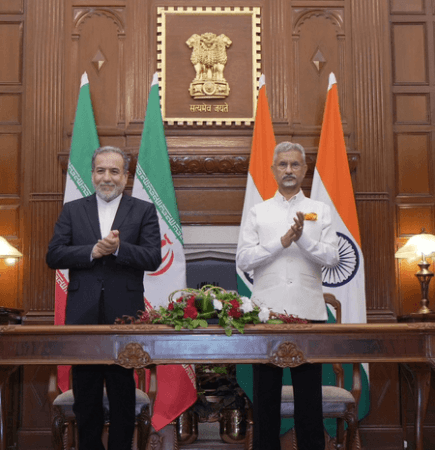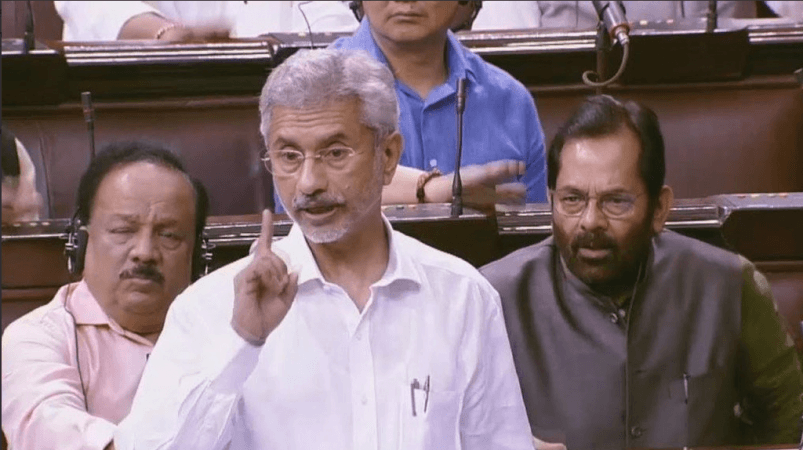
In a significant diplomatic achievement, India and Iran have successfully collaborated to rescue three Indian nationals who were kidnapped in Tehran. The incident, which unfolded over several weeks, underscores the strong bilateral ties between the two nations and highlights the dangers faced by individuals seeking opportunities abroad.
The three men, identified as Jaspal Singh, Hushanpreet Singh, and Amritpal Singh, all from Punjab, travelled to Iran with the promise of lucrative jobs. However, shortly after their arrival on May 1, they disappeared, setting off a series of events that culminated in their rescue.
The Iranian police, acting on intelligence and diplomatic pressure, launched a targeted operation in Varamin, south of Tehran, where the hostages were believed to be held. The operation was successful, and the three men were placed under the care of the Indian Embassy in Iran, which is now facilitating their safe return to India. The Indian government, upon learning of the disappearance, immediately engaged in diplomatic talks with Iranian authorities, expressing grave concern and urging swift action.
The Iranian government responded with commendable cooperation. The Iranian Embassy in India confirmed the involvement of Tehran police in the rescue operation, citing reports from Iran's semi-official Mehr News Agency.
The swift action taken by Iranian authorities was lauded by the Indian government, which expressed its gratitude for the effective efforts in securing the release of its citizens. This incident not only highlights the perils of international travel but also showcases the power of diplomatic engagement in resolving crises.
Ransom Demands and International Implications
The case took a darker turn when the families of the kidnapped men began receiving ransom demands. Unknown individuals, using Pakistani phone numbers, demanded a hefty sum of Rs one crore for the safe release of the hostages. This development heightened the urgency of the situation and raised concerns about the involvement of cross-border criminal elements. The ransom demands, coupled with the use of Pakistani phone numbers, suggested a possible link to organized crime networks operating in the region.

This aspect of the case has drawn attention to the broader issue of human trafficking and illegal immigration, where individuals are lured by the promise of better opportunities abroad, only to find themselves ensnared in dangerous situations. In light of the incident, both the Indian and Iranian governments have issued warnings to their citizens. The Iranian Embassy in India advised Indian nationals to exercise caution and avoid falling prey to unauthorized travel agents or illegal agencies offering overseas employment.









![Budget 2026-27 aimed at empowering poor and increasing farmers' income: PM Modi [Watch]](https://data1.ibtimes.co.in/en/full/827940/budget-2026-27-aimed-empowering-poor-increasing-farmers-income-pm-modi-watch.jpg?w=220&h=138)






